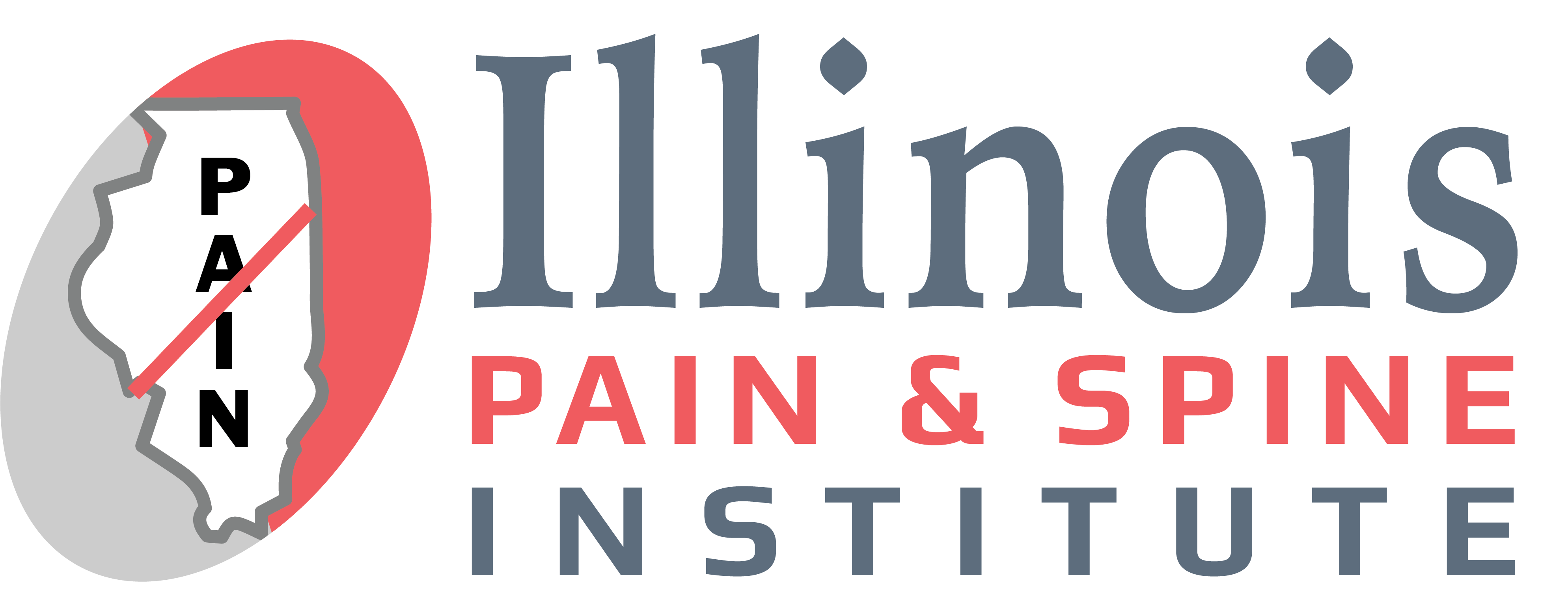03 Feb Is Anesthesia Safe for Breastfeeding Women?
If you are a breastfeeding woman in need of anesthesia, it is normal to be concerned about the impact of anesthetic medicine. Anesthetic drugs are quite powerful and it’s important to remain aware of the risks of using any medicine when you are breastfeeding.
Fortunately, recent research and new guidelines have confirmed the safety of anesthetic medicine in most cases of breastfeeding. This article will explore the up-to-date information on this topic. This will help you determine how to seek treatment from a pain clinic such as the Chicago pain clinic.
Why Worry About Anesthesia and Breastfeeding?
As a mother, you are providing nutrients to your baby via your breast milk. Anything that you consume, whether it is food, drugs, or sugars, will be passed on to your baby.
Anesthetics used by doctors are very powerful drugs. As such, following a pain treatment center, you might be concerned about whether or not it is safe to pass these drugs onto your baby. Fortunately, most of the drugs that are used for anesthetic purposes are mostly metabolized and excreted by the body. Very little is passed on through your breastmilk to your baby.
Research on Anesthetic Drugs in Breastmilk
A new guideline, published in the journal Anaesthesia in 2020, agrees that anesthetic medication doesn’t pose much of a risk to either breastfeeding mothers or their babies.
This guideline was written and published in response to a number of women who were concerned about the guidelines in regards to breast-feeding. It is quite common for doctors to encourage women not to breast-feed their babies for at least 24 hours following surgery.
However, this isn’t always easy. Babies who have already become accustomed to drinking their mother’s breast milk may be resistant to using a bottle instead. Unless the mother has prepared ahead of time for the surgery by setting aside breastmilk, which in itself can create problems, they might run the risk of not being able to feed their baby.
The term ‘pumping and dumping’ reflects a commonly held belief that mothers must throw away their breastmilk for a period of at least a day following surgery. However, research in this new guideline shows that this is not necessarily the case.
Ultimately, mothers will have to communicate with hospitals to ensure that they are receiving medication that can be easily metabolized and will not pass it onto their baby. Dihydrocodeine, for example, is much less likely to be passed onto a baby than something like oxycodone.
Conclusion
Mothers are rightfully concerned about whether or not it’s safe to receive anesthetizing drugs when they are breastfeeding. Fortunately, research reveals that pain relief can be achieved during breastfeeding without running the risk of harming your baby.
If you are having persistent problems with pain or if you’re worried about the repercussions of certain medications, don’t hesitate to reach out to a Chicago pain center. Speaking with a professional can provide you with more reassurance and information.



